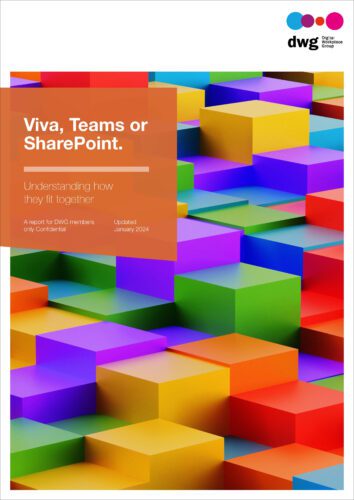Are we really ready for the next digital workplace?

Maybe it’s the time of year, or maybe it’s just where my attention is right now, but I have been reading and listening quite avidly to several illuminating and, at times, alarming books and podcasts (listed below).
What am I learning?
1. We are underestimating the power of this digital renaissance
We are underestimating considerably the extent, impact and meaning of the digital renaissance we are living and working through. Yes, we talk about artificial intelligence (AI), robotics, implants, bio-engineering and so on, but if the scale of innovation is even 50% accurate, our role as homo sapiens will be radically different from 2030 onwards, if not sooner. The analogy made with AI is akin to a hyper-intelligent alien species arriving on our planet. Perhaps this is why the film “Arrival” was such a popular success in 2016. How will we respond and evolve as the scale of this change becomes clear? Step one is to recognize the task before us
2. Humans and AI will have a far more nuanced relationship
The clichés about software replacing humans wholescale in work is far too black and white. We are both creating and destroying jobs and work at an unprecedented rate and, while we tend to focus on what will be lost, we consistently fail to see what will be gained. Most people I know do work that 30 years ago or less didn’t even exist as a job – and certainly not in the form it does now. Our relationship with AI will be similar to the one we have today, but it will have become accepted as part of our daily experience. The route-finding app Waze is part of driving now, just as Google Maps became (for me with my poor sense of direction at least!) just part of my walking life.
3. A new digital work ethic is arriving fast
We accept that “jobs for life” have gone, but this is just one early-stage change in a widespread reformatting of work. From safe employment to independent work (i.e. freelancing, self-employment, portfolio work and the gig economy), there may be fewer and fewer jobs and yet there is no shortage of work. And not only is work being redesigned (particular by the younger generations) but what it means is also shifting in a remarkable way: from work as suffering, duty and obligation to work as passion, fulfilment and meaning. This remodelling of work represents a new work ethic based on value and access, departing from what some previously called the “Protestant work ethic”.
So, there is much to relish here – although a good deal to concern us too.
If these snippets have whetted your enquiring minds, then here are some of the items from my current “ideas shopping list”:
- Charles Eisenstein: A new and ancient story – podcast
- Yuval Noah Harari: Homo Deus – book
- McKinsey & Company: The McKinsey Podcast
- Peter Diamandis: Exponential wisdom – podcast
- Steven Pinker: The better angels of our nature – book
- Krista Tippett: On being – podcast
RESEARCH AND RESOURCES
NEW! FREE REPORT: Digital workplace integration: Key approaches to drive benefits
FREE REPORT: How mature is your digital workplace?
BLOG: 5 essential skills we need now – for the digital workplaces to come
PODCAST: My new boss is a robot
TAKE THE NEXT STEP
Categorised in: Digital workplace


